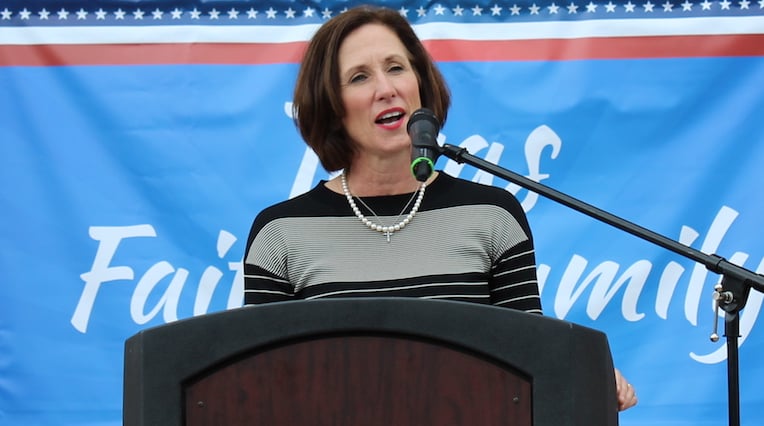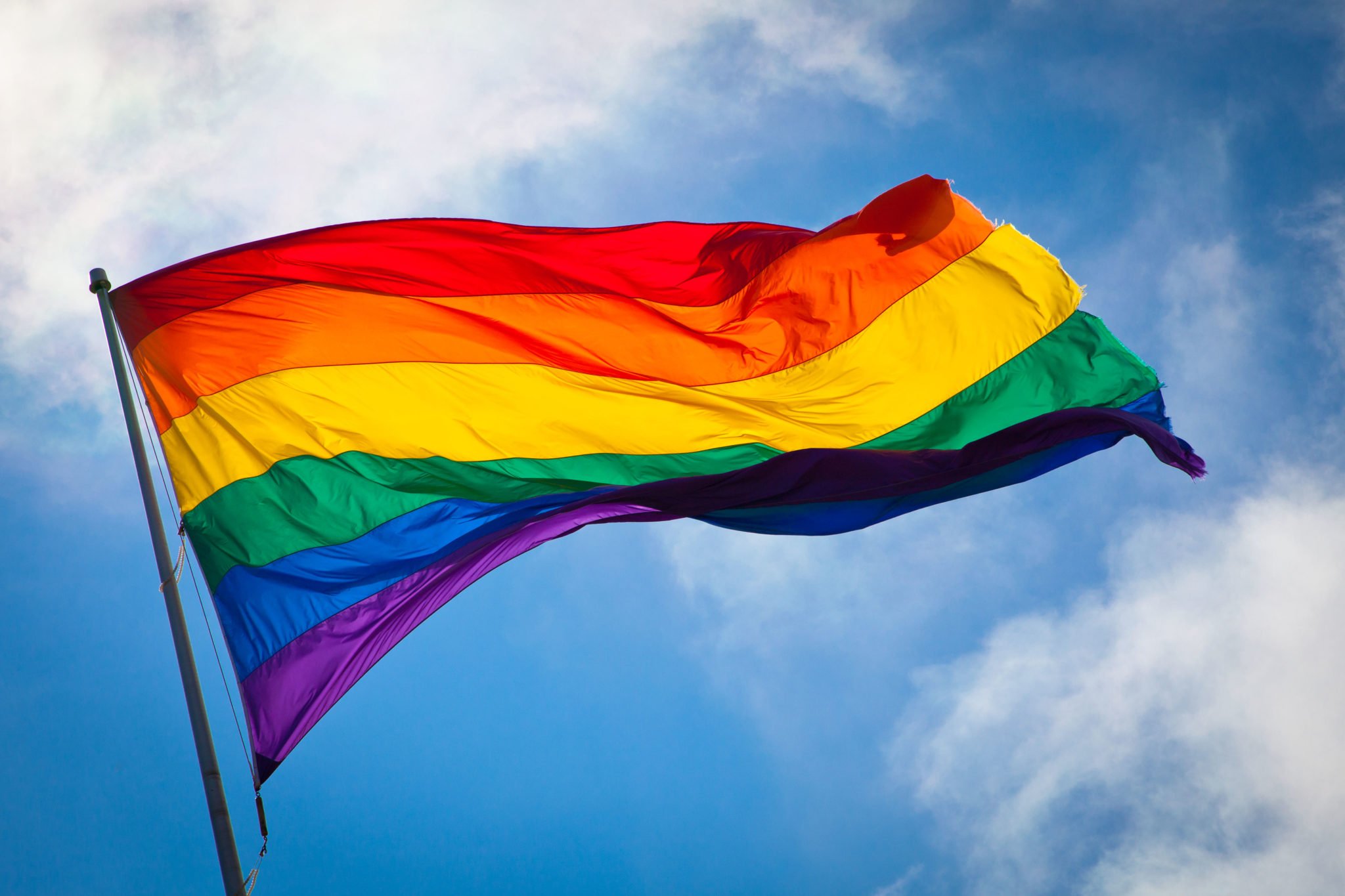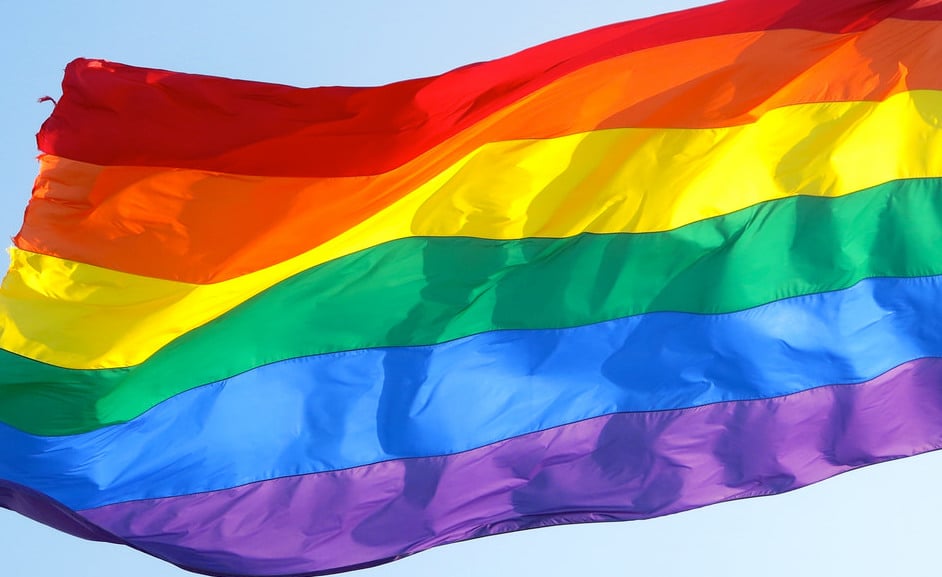
Legislators Seek to Overturn Anti-Gay Birth Certificate Law
LGBT group says the 1997 restriction hurts kids, calling it ‘the lowest form of politics’.

Above: Andy Miller (left) and Brian Stephens with their son, Clark
The day Andy Miller and Brian Stephens jointly adopted their son Clark in 2007 was among the happiest of their lives.
But the couple’s elation turned to disappointment when they walked out of the courtroom and down a hall to the Travis County Clerk’s Office.
That’s when Miller and Stephens realized they faced a difficult choice, because they couldn’t include both of their names on Clark’s supplemental birth certificate.
“As he got older, it became less about us and it became more about him,” Miller said this week of Clark, now 7. “This is his document that he’ll carry with him the rest of his life, and it very clearly only lists half of his family on it, and that’s when we kind of became angry and said the state is treating our son differently because of who his parents are, not because of anything he has done or hasn’t done. This needs to change because of our kids. The state is basically targeting them for unequal treatment.”
The Texas Legislature added a provision to the Health & Safety Code in 1997 requiring supplemental birth certificates issued to adoptive parents to contain the name of one female, the mother, and one male, the father.
According to the legislation’s author, former state Rep. Will Hartnett (R-Dallas), it was part of a renewed commitment to “conservative values.” But Hartnett acknowledged last year that the law should be revisited if it’s negatively impacting children.
On Wednesday, state Rep. Rafael Anchia (D-Dallas) introduced a bill for the fourth consecutive session that would remove gender requirements for adoptive parents on supplemental birth certificates. And for the first time, a companion to Anchia’s bill was introduced in the Senate by Sylvia Garcia (D-Houston).
Many judges in Texas routinely grant joint adoptions to same-sex couples, so the legislation wouldn’t create new parental rights. But not having accurate birth certificates causes problems when it comes to enrolling children in school, adding them to insurance policies, admitting them for medical care and obtaining passports.
Anchia, whose bill has never made it out of committee, said if it fails to do so in 2015, he plans to force a floor vote by offering it as an amendment, and he’s confident it will pass.
“I think if you asked every member of the Legislature, they would say they care about orphaned children, and if we can get them to understand that this bill is about children and not about who their parents are, then that should carry the day,” Anchia told the Observer this week. “There’s no doubt that this policy has cruel effects.”
According to Equality Texas, the birth certificate restriction is among the inequities facing the LGBT community that wouldn’t be solved by legalization of same-sex marriage—since it involves the relationship between a parent and a child, not between parents.
“This is his document that he’ll carry with him the rest of his life, and it very clearly only lists half of his family on it, and that’s when we kind of became angry and said the state is treating our son differently because of who his parents are, not because of anything he has done or hasn’t done.”
Daniel Williams, legislative specialist for Equality Texas, called the birth certificate restriction “the lowest form of politics possible—if you don’t like someone, attack their children.”
Williams said the legislation filed by Anchia and Garcia on Wednesday has bipartisan support in both chambers, but added that he didn’t know of any Republican legislators who’d be willing to publicly endorse the bills at this stage.
Two years ago, Anchia’s bill faced opposition from the anti-LGBT group Texas Values. The group’s president, Jonathan Saenz, said in media interviews it would result in the words “mother” and “father” being removed from all birth certificates. PolitiFact rated Saenz’s claims “mostly false.”
Ken Upton, senior counsel at the LGBT civil rights group Lambda Legal, said Texas is one of only a handful of states that don’t issue accurate birth certificates to same-sex adoptive parents.
A few years ago, Upton challenged a similar law in Louisiana and won in district court before the decision was overturned by the 5th U.S. Circuit Court of Appeals, and the U.S. Supreme Court declined to hear the case.
Upton said he’s interested in challenging the Texas law, too—and plans to do so eventually if it isn’t overturned legislatively—but he added that “no one thinks the time is right in the 5th Circuit.”
Miller and Stephens said they remain focused on the Legislature, where they see an opportunity to change hearts and minds.
Two years ago, when Miller and Stephens lobbied on behalf of Anchia’s bill, they took Clark with them, and his gregariousness helped initiate conversations with even the most conservative legislators.
Earlier this year, Clark pulled a wagon into the attorney general’s office containing thousands of petitions calling for Attorney General Greg Abbott to stop defending Texas’ marriage bans.
Miller and Stephens, who also run a support group and website for gay dads, The Handsome Father, said they view their activism as a way of setting an example for their son.
“If he doesn’t like something and feels that something needs to change, we want him to see that he can be a part of that change,” Miller said.


